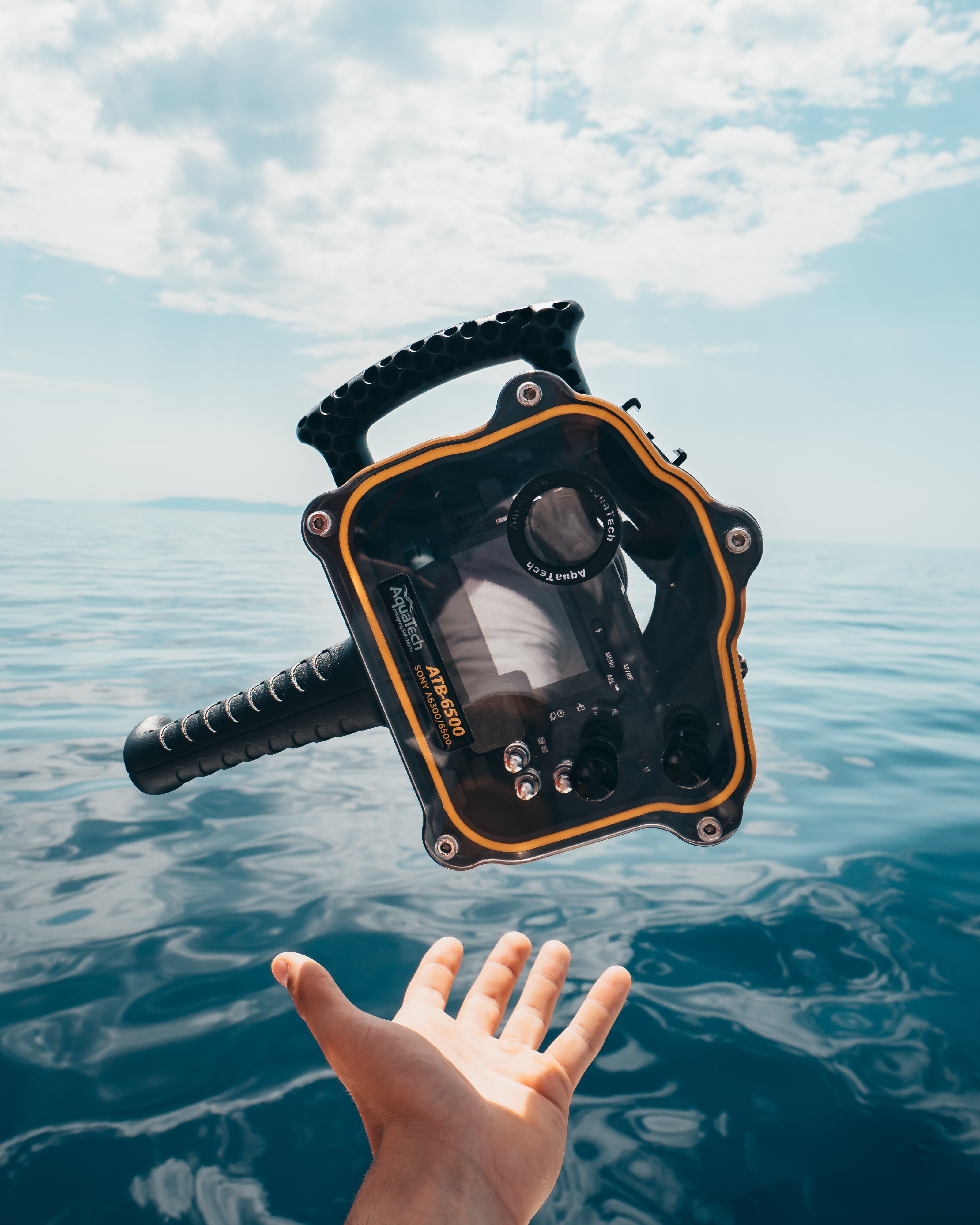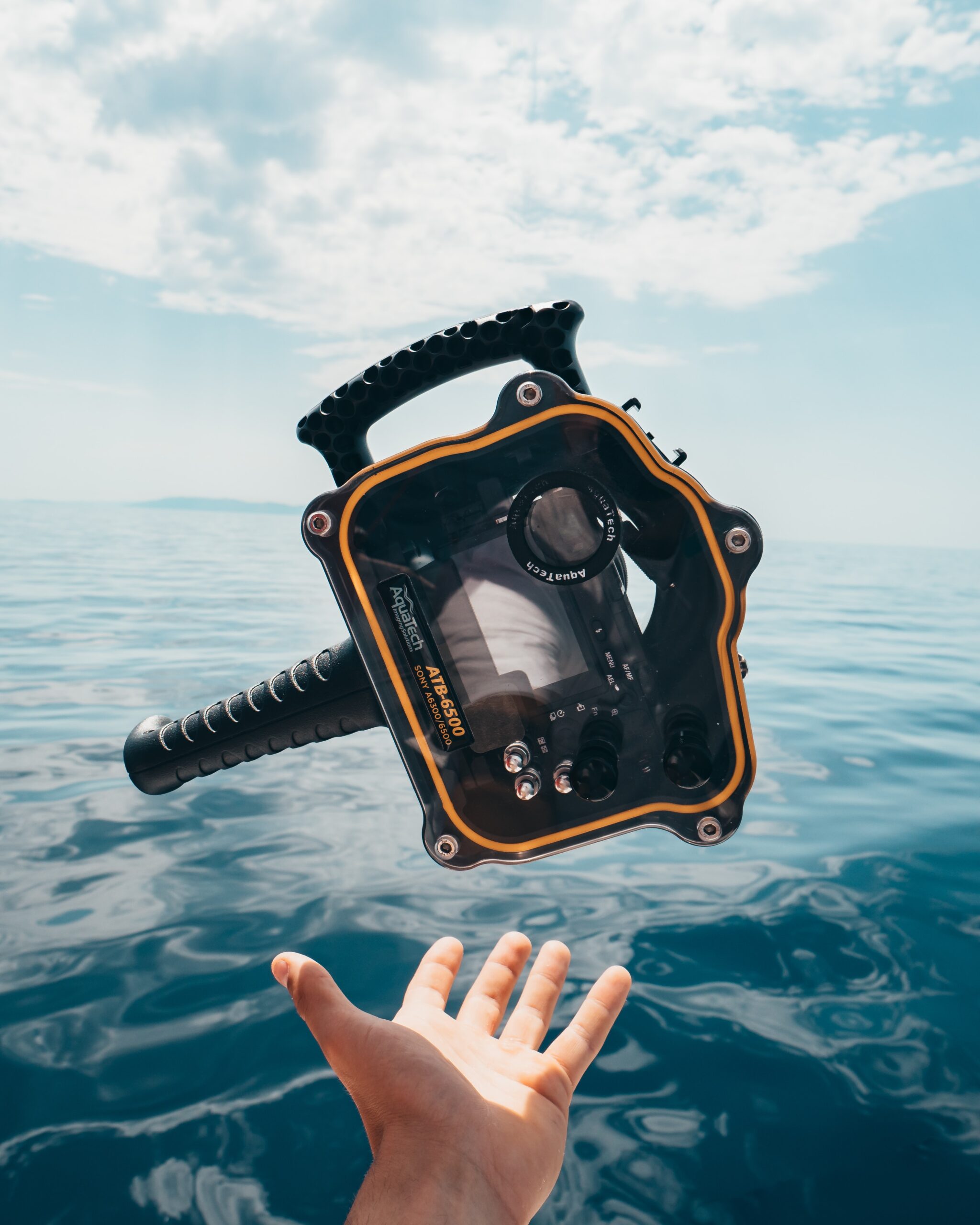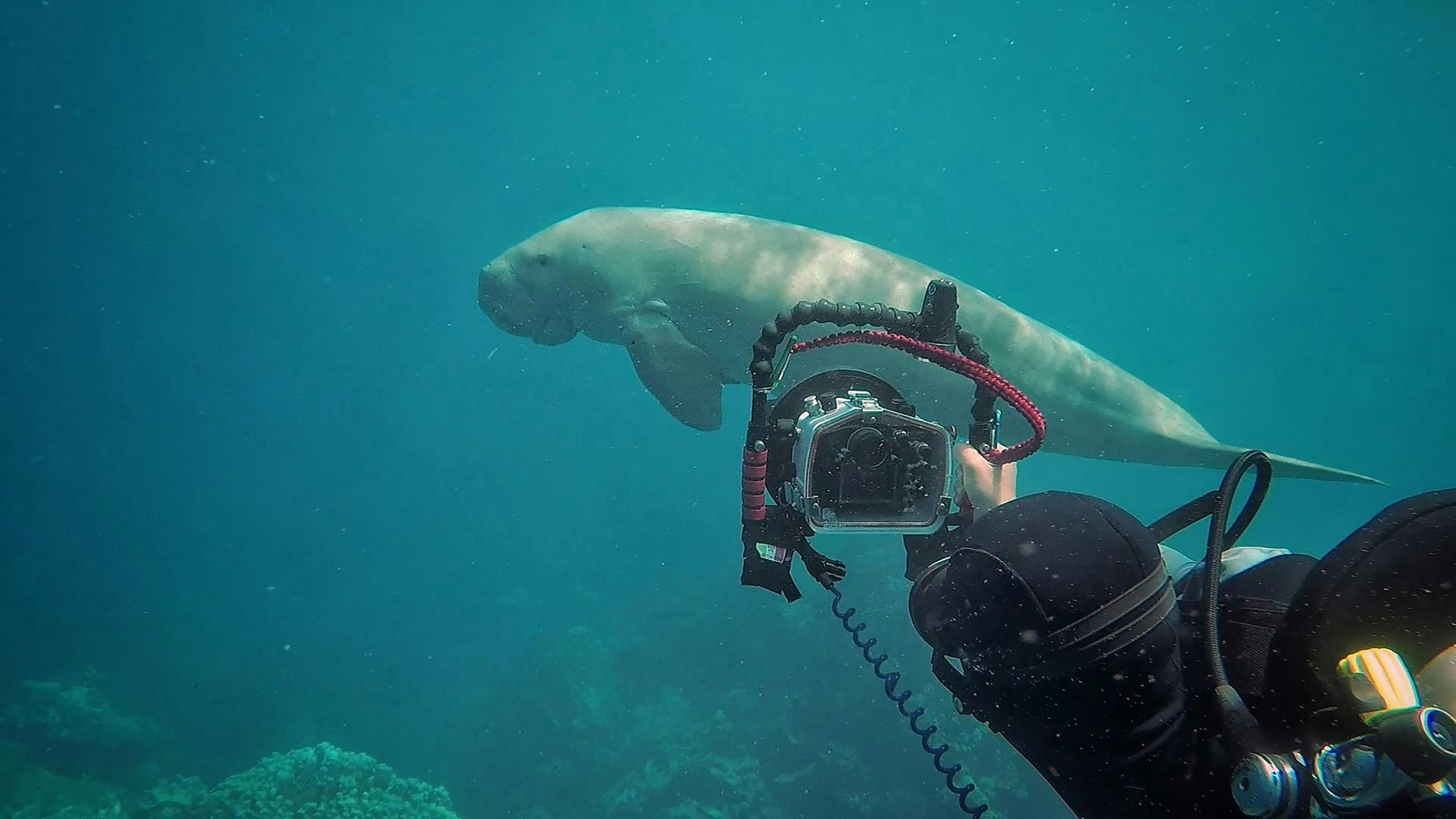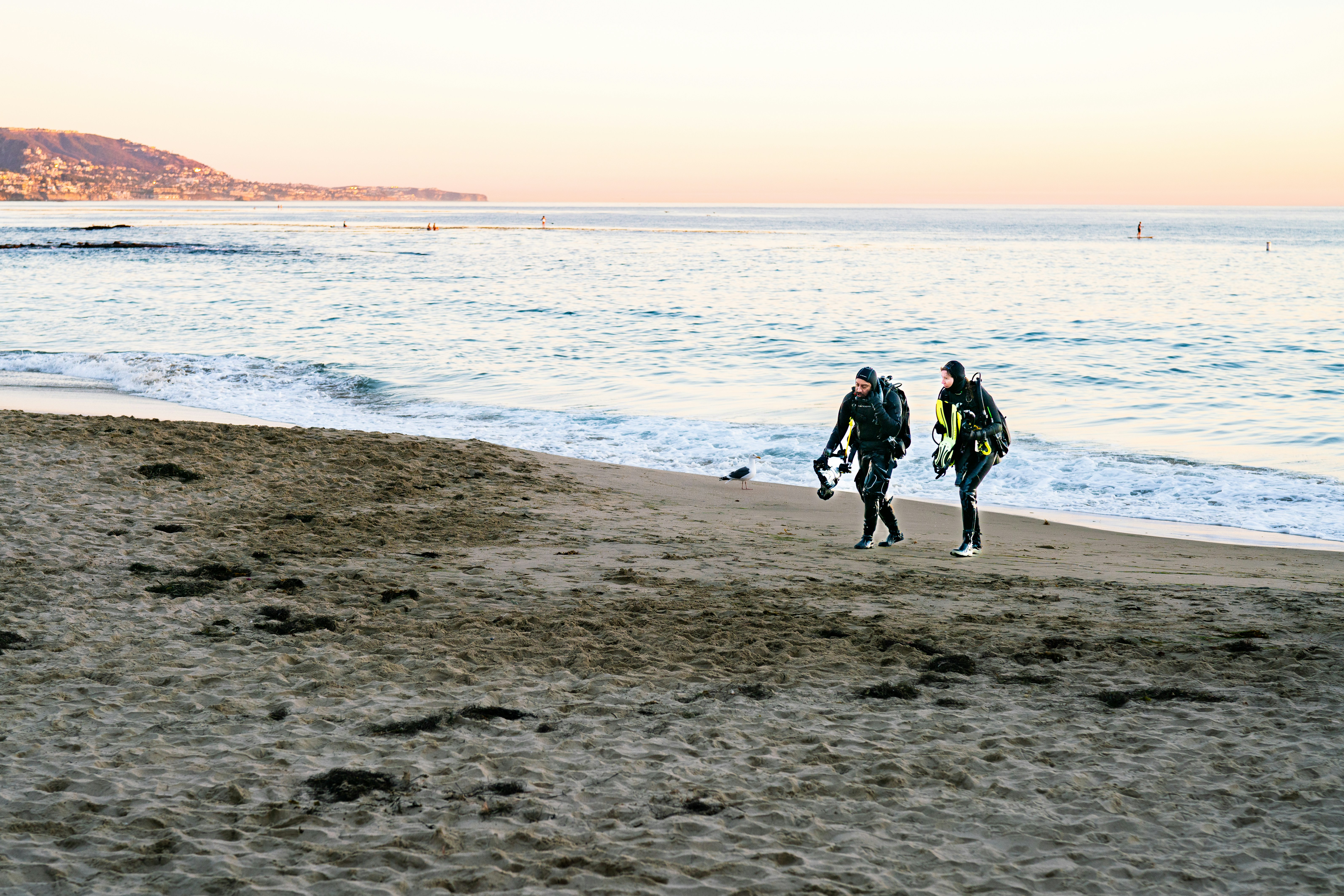
So you’ve finally decided to take the plunge and go scuba diving. But now you’re faced with a crucial question: can you bring your own scuba diving equipment? Whether you’re a seasoned diver or a beginner, this question often arises when planning a dive. In this article, we’ll explore the pros and cons of bringing your own gear, the regulations and restrictions you may encounter, and ultimately help you decide whether lugging around your own equipment is worth it. Let’s dive in!
What is Scuba Diving Equipment?
Scuba diving equipment refers to the gear and tools necessary for a safe and enjoyable diving experience. This equipment allows divers to explore the underwater world and stay underwater for extended periods. It typically includes items such as regulators, buoyancy control devices (BCDs), dive computers, wetsuits or drysuits, masks, snorkels, fins, dive lights, and dive cameras.
Definition of Scuba Diving Equipment
Scuba diving equipment encompasses a variety of specialized gear designed to facilitate underwater breathing, control buoyancy, provide thermal protection, enhance visibility, and document the diving experience. These pieces of equipment are essential for both recreational and professional divers.
Components of Scuba Diving Equipment
Scuba diving equipment is comprised of several key components, each playing a crucial role in ensuring a safe and enjoyable dive. These components include regulators, which control the flow of air from the scuba tank to the diver; BCDs, which allow divers to control their buoyancy underwater; dive computers, which provide important data such as depth, time, and decompression limits; wetsuits or drysuits, which provide thermal protection; masks, snorkels, and fins, which enhance visibility and mobility underwater; dive lights, which illuminate the underwater environment; and dive cameras, which capture memorable moments.
Benefits of Bringing Your Own Scuba Diving Equipment
While some divers prefer to rent equipment at their dive destinations, there are several benefits to bringing your own scuba diving equipment.
Familiarity and Comfort
Bringing your own scuba diving equipment allows you to use gear that you are already familiar with and comfortable using. This familiarity can enhance your confidence underwater and ensure that you are using equipment that fits you properly.
Quality and Performance
By bringing your own equipment, you can ensure that you are using high-quality gear that meets your specific needs and preferences. Rental equipment may not always be in the best condition, and having your own equipment ensures reliability and optimal performance.
Cost Savings
While there may be an initial investment in purchasing your own scuba diving equipment, in the long run, it can be more cost-effective compared to renting. Rental costs can quickly add up, especially for frequent divers. By bringing your own equipment, you can avoid these rental fees and potentially save money in the long term.
Hygiene and Safety
When using rental equipment, there is always a small risk of inadequate cleaning and maintenance. By bringing your own scuba diving equipment, you can eliminate this concern, ensuring that your gear is clean and well-maintained. This can contribute to your personal hygiene and minimize the risk of equipment failure while diving.
Considerations Before Bringing Your Own Scuba Diving Equipment
While bringing your own scuba diving equipment has its benefits, there are also important considerations to keep in mind before making the decision.
Baggage Allowance and Restrictions
Before bringing your own equipment, check the baggage allowance and restrictions imposed by your chosen airline. Some airlines may have weight and size limitations for both checked and carry-on luggage, which could affect your ability to transport your equipment.
Equipment Maintenance and Serviceability
Before traveling, ensure that your scuba diving equipment is in good working condition and has undergone any necessary maintenance or servicing. This will help prevent any unexpected issues while diving and ensure the safety and performance of your gear.
Local Equipment Availability and Quality
Research the dive destination to determine if there are reliable equipment rental options available. In some remote locations, the availability and quality of rental equipment may be limited. If you are traveling to such a destination, it may be more beneficial to bring your own equipment.
Support and Assistance at Dive Destinations
Consider the level of support and assistance available at your dive destination. If you encounter any issues with your equipment while traveling, having access to local dive shops or professionals who can provide assistance can be invaluable.
Transporting Scuba Diving Equipment
Transporting scuba diving equipment requires careful consideration to ensure its safe arrival at your dive destination.
Checked Luggage vs. Carry-On
Decide whether to pack your scuba diving equipment in checked luggage or carry it on with you. Check with your airline to understand their policies and weigh the pros and cons of each option. Packing valuable or fragile equipment as carry-on can minimize the risk of damage or loss.
Weight and Size Restrictions
Be aware of any weight and size restrictions imposed by your airline. Oversized or overweight luggage may incur additional fees or be rejected altogether. Utilize compact and lightweight equipment when possible to stay within these limitations.
Protective Packaging
Properly package your scuba diving equipment to protect it from damage during transit. Use padded bags or hard cases to safeguard your gear from rough handling, bumps, and impacts. Ensure that fragile components are securely protected to prevent any breakage.
Special Handling and Fragility
Inform airline personnel about the fragility and special handling requirements of your scuba diving equipment. This can help ensure that it is treated with care during the transportation process. Label your equipment as fragile and attach instructions, if necessary.
Types of Scuba Diving Equipment You Can Bring
When bringing your own scuba diving equipment, you have the opportunity to choose the gear that suits your diving style and preferences. Some essential equipment to consider bringing includes:
Regulators
Regulators are essential for breathing underwater. They control the airflow from the scuba tank to the diver, allowing for comfortable and controlled breathing while diving.
Buoyancy Control Devices (BCDs)
BCDs are inflatable vests that allow divers to control their buoyancy underwater. They help maintain neutral buoyancy and assist with ascending and descending during dives.
Dive Computers
Dive computers provide important information such as depth, time, and decompression limits. They help divers track their dive profiles and ensure safe ascent to the surface.
Wetsuits or Drysuits
Wetsuits or drysuits provide thermal protection while diving. Wetsuits are made from neoprene and offer insulation by trapping a thin layer of water between the suit and the diver’s skin. Drysuits, on the other hand, keep the diver completely dry by sealing out water.
Masks, Snorkels, and Fins
Masks, snorkels, and fins are essential for comfortable and efficient movement underwater. Masks provide a clear view, snorkels allow for easy breathing at the surface, and fins provide propulsion and maneuverability.
Dive Lights
Dive lights are used to enhance visibility in low-light or dark underwater environments. They can illuminate underwater features, marine life, and enhance the overall diving experience.
Dive Cameras
Dive cameras allow divers to capture their underwater adventures and create lasting memories. They come in various sizes and specifications, from compact point-and-shoot cameras to professional-grade setups.
Restrictions on Scuba Diving Equipment
While bringing your own scuba diving equipment offers flexibility and convenience, there are certain restrictions and regulations to be aware of.
Prohibited Items
Certain items may be prohibited from being transported due to safety reasons or airline regulations. These may include sharp objects, compressed gas cylinders, or items containing hazardous materials.
Dive Tank Regulations
Dive tanks or cylinders require special handling due to the compressed gas they contain. Consult the airline’s guidelines and regulations regarding the transportation of dive tanks. It may be necessary to empty the tanks and have them inspected before travel.
Liquids and Gels
Follow TSA (Transportation Security Administration) guidelines and restrictions regarding liquids and gels when packing your scuba diving equipment. Ensure that any containers are within the permitted size limits and properly secured to prevent leaks or spills.
Electronics and Batteries
When traveling with scuba diving equipment that contains electronics or batteries, be aware of any restrictions imposed by airlines. Certain batteries and electronics may be prohibited or require special handling.

Preparing Your Scuba Diving Equipment for Travel
Before embarking on your scuba diving adventure, take the necessary steps to prepare your equipment for travel.
Cleaning and Maintenance
Thoroughly clean and inspect your scuba diving equipment before packing it for travel. Rinse all gear with fresh water to remove any salt or debris, and ensure that it is properly dried to prevent mold or corrosion. Check for any signs of damage or wear that may require maintenance or repairs.
Disassembly and Packaging
Disassemble your scuba diving equipment according to the manufacturer’s instructions. This will make it easier to pack and protect fragile components. Use appropriate packaging materials such as padded bags or hard cases to ensure that everything is securely protected.
Documentation and Identification
Take clear and accurate documentation of your scuba diving equipment, including make, model, and serial numbers. This documentation can be useful in case of loss, theft, or damage during travel. Additionally, label your equipment with your contact information to aid identification.
Safety Measures
Ensure that all safety mechanisms, such as quick-release buckles on BCDs or pressure release valves on regulators, are in working order. Double-check that all equipment is properly secured and that any loose components are securely packed.
Tips for Traveling with Scuba Diving Equipment
To make the most of your scuba diving adventure while traveling with your equipment, keep the following tips in mind:
Research and Communication
Thoroughly research your dive destination, including local regulations, best practices, and any special requirements for scuba diving equipment. Communicate with dive centers or local experts to gather valuable insights and ensure a smooth diving experience.
Insurance Coverage
Review your travel insurance policy to confirm coverage for your scuba diving equipment. Ensure that your policy adequately protects against loss, theft, or damage to your gear while traveling.
Lost or Damaged Equipment
In the unfortunate event of lost or damaged equipment, immediately report it to the airline and your travel insurance provider. Document the incident with photographs and any necessary paperwork to assist with any insurance claims.
Carry Spare Parts and Tools
Bring along essential spare parts and dive tools to handle minor repairs or adjustments. These can include extra O-rings, fin straps, mouthpieces, and multi-tools. Having these items on hand can alleviate potential issues and keep your dive experience uninterrupted.
Renting Scuba Diving Equipment at Dive Destinations
In some cases, renting scuba diving equipment at your dive destination may be a more practical option. Consider the advantages and disadvantages before making a decision.
Advantages and Disadvantages
Renting scuba diving equipment can be advantageous for travelers who prefer not to transport their gear or who may only dive infrequently. It eliminates the need to invest in expensive equipment and alleviates the hassle of transporting it. However, rented equipment may not always meet your personal preferences, and there is always a small risk of equipment that is not properly maintained or serviced.
Availability and Quality
Research the availability and quality of rental equipment at your dive destination. Ensure that the rental equipment is in good condition, regularly maintained, and meets reputable safety standards. Check reviews and seek recommendations from fellow divers or local dive centers.
Requirements and Rental Costs
Familiarize yourself with the rental requirements and costs at your dive destination. Some dive centers may have specific criteria or prerequisites for renting equipment, such as certification levels or logged dives. Evaluate the rental costs and compare them to the potential expenses of transporting your own equipment.
Conclusion
When it comes to scuba diving, the decision to bring your own equipment or rent at your dive destination depends on multiple factors. Bringing your own scuba diving equipment offers familiarity, comfort, quality, and cost savings. It also ensures proper hygiene and safety. However, there are considerations to keep in mind, such as baggage restrictions, equipment maintenance, local availability, and support. Properly transporting scuba diving equipment requires careful packaging and adherence to airline guidelines. Understanding the various types of equipment and restrictions, such as dive tank regulations and limitations on liquids and batteries, is crucial. Preparing your equipment for travel involves cleaning, disassembly, and proper documentation, while tips like research, insurance coverage, and carrying spare parts can enhance your travel experience. Finally, deciding whether to rent scuba diving equipment at your destination depends on the advantages, availability, quality, requirements, and costs. By considering all these aspects, you can make an informed decision and enjoy your scuba diving adventures to the fullest.





